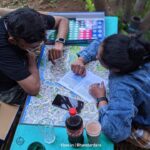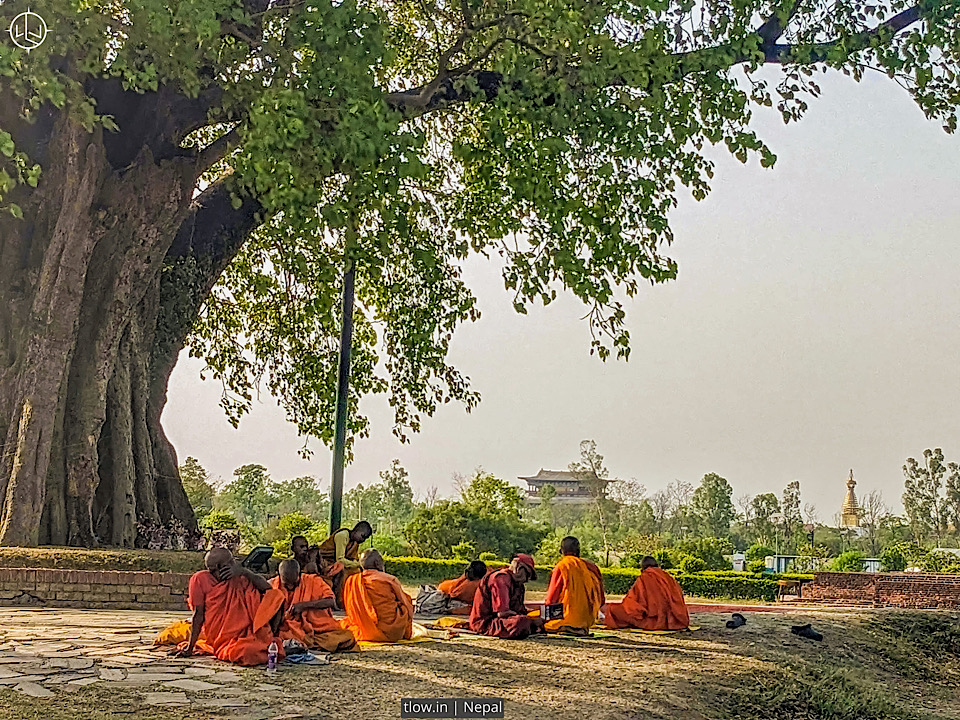
Lumbini Nepal: 20 amazing facts about Lord Buddha’s birthplace
Lord Buddha born in Lumbini, also known as Siddhartha Gautama, was a spiritual leader and philosopher who lived around 2,600 years ago in what is now modern-day Nepal. He is revered as the founder of Buddhism, one of the world’s major religions.
Born in Lumbini, a small town in Nepal, Siddhartha’s life took a profound turn when he ventured beyond the palace walls and encountered the realities of human suffering. Motivated by a deep compassion for all living beings, he embarked on a spiritual journey to seek enlightenment and the end of suffering.
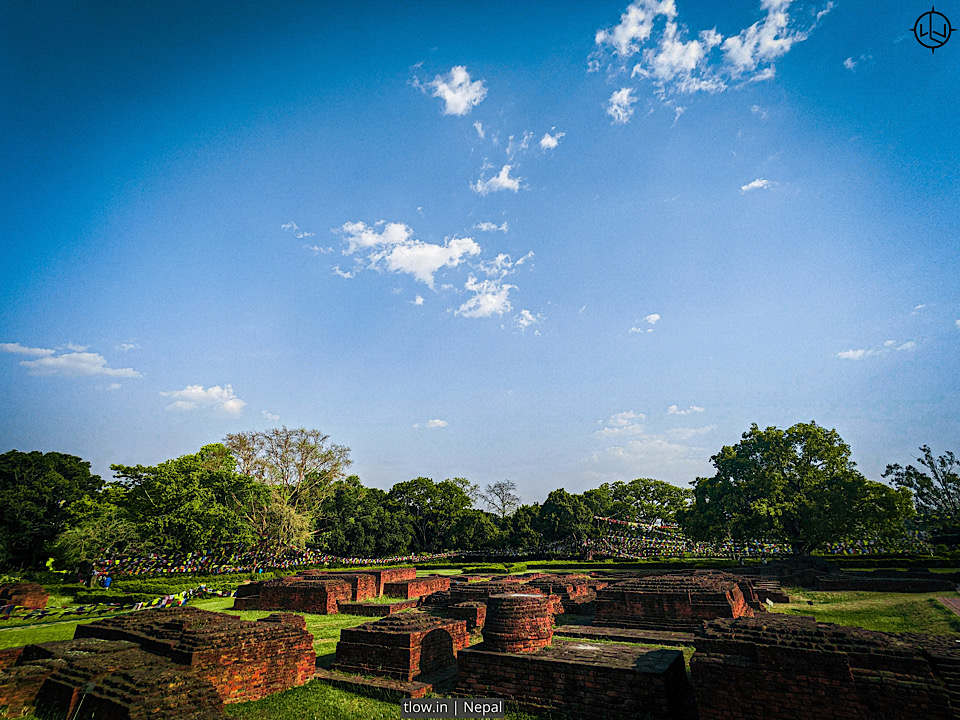
Table of Contents
After years of meditation and self-discovery, Siddhartha attained enlightenment under the Bodhi tree in Bodh Gaya, India. As the Buddha, which means “the enlightened one,” he dedicated his life to teaching the Four Noble Truths and the Eightfold Path, a spiritual path to liberation from suffering.
Tagline
“Lord Buddha: From Lumbini to Nirvana ”
Facts about Lord Buddha and Lumbini
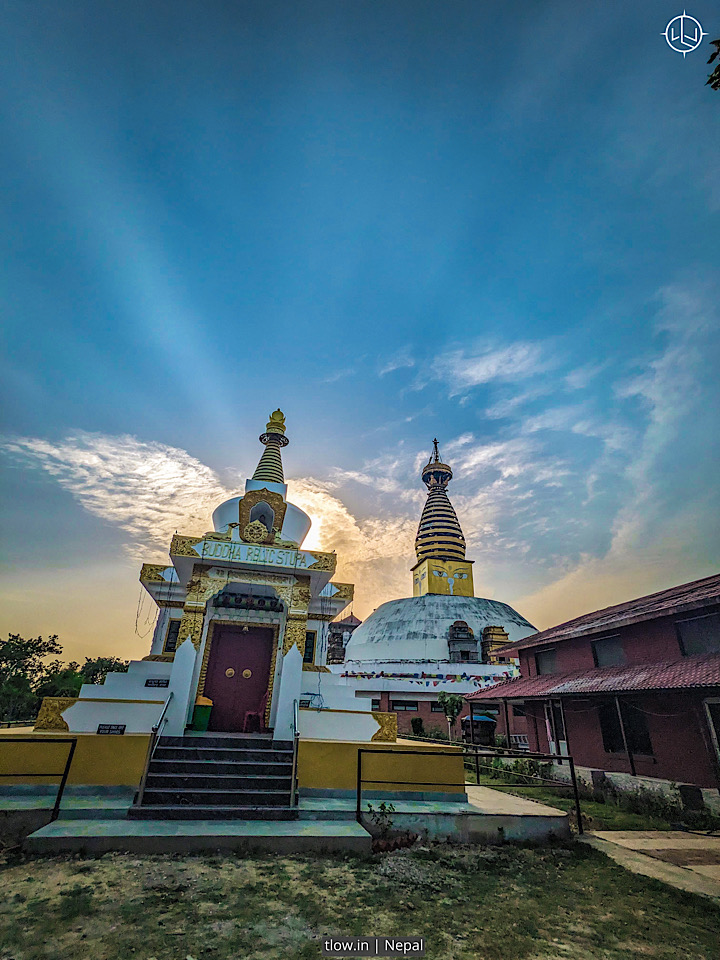
1. Lord Buddha was born in Lumbini, Nepal, around 563 BCE.
2. His birth name was Siddhartha Gautama, and his family belonged to the Shakya clan.
3. The birth of Siddhartha is believed to have taken place in a garden beneath a Sal tree in the town.
4. A sacred pond, known as the Puskarini, is believed to be where Queen Maya Devi bathed before Siddhartha’s birth.
5. The Ashoka Pillar, erected by Emperor Ashoka in 249 BCE, stands as a historical marker of Lumbini’s significance.
6. The town is one of the four major pilgrimage sites in Buddhism, along with Bodh Gaya, Sarnath, and Kushinagar.
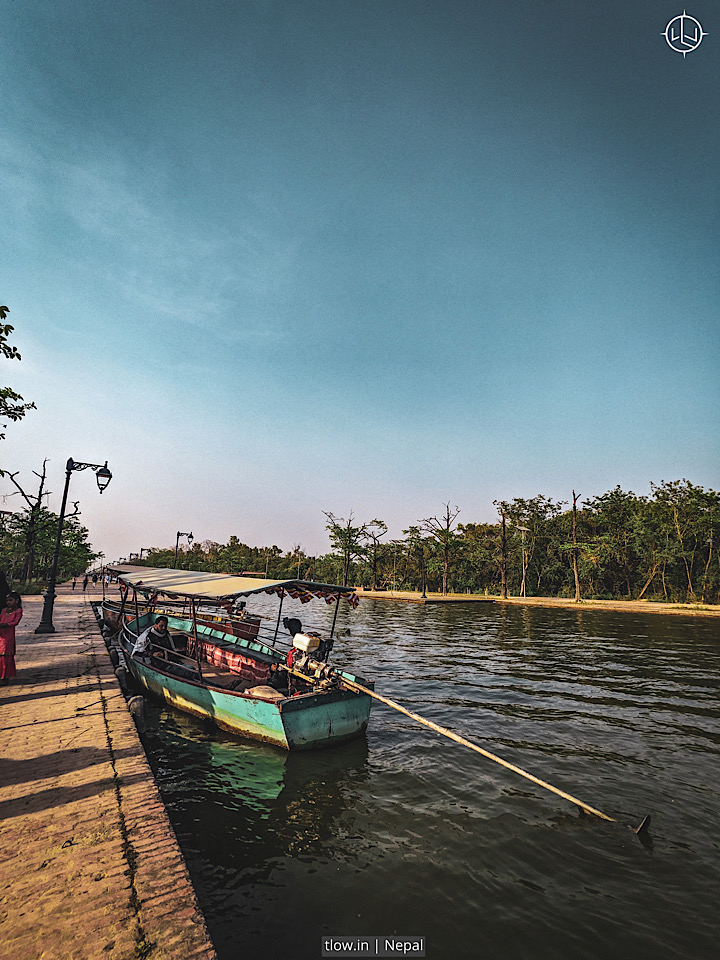
7. The town has been recognized as a UNESCO World Heritage Site since 1997.
8. The sacred garden in Lumbini contains the Maya Devi Temple, marking the exact birthplace of Lord Buddha.
9. The Lumbini Museum showcases ancient relics and artifacts related to Lord Buddha’s life.
10. The town attracts Buddhist pilgrims and tourists from around the world, with over a million visitors annually.
11. Lord Buddha’s teachings are encapsulated in the Four Noble Truths, addressing the nature of suffering and its cessation.
12. The Eightfold Path is a fundamental guide for leading a life in accordance with Buddhist principles.
13. Lord Buddha preached the importance of mindfulness, meditation, and compassion.
14. The town is a place for reflection and meditation, providing a peaceful environment for spiritual seekers.
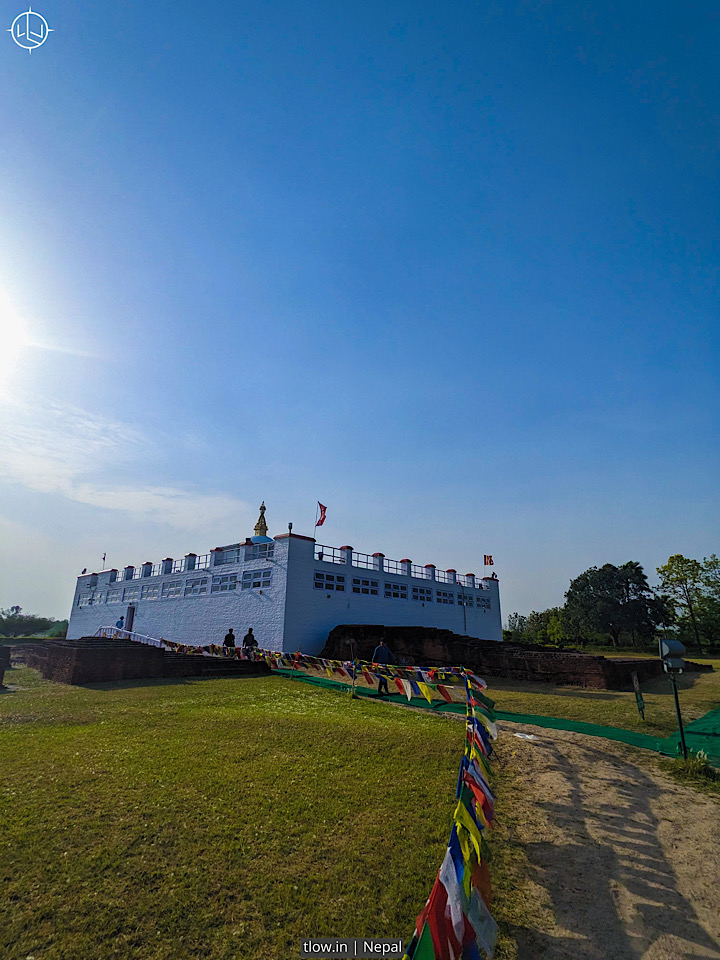
15. The Eternal Peace Flame in Lumbini symbolizes global harmony and non-violence.
16. Many Buddhist countries have established monasteries and meditation centers in Lumbini.
17. Lumbini International Research Institute (LIRI) is a center for Buddhist studies and research.
18. The site hosts various festivals, including Buddha Jayanti, to celebrate Lord Buddha’s birth, enlightenment, and passing.
19. The Lumbini Development Trust oversees the preservation and development of the sacred site.
20. Lumbini’s message of peace and enlightenment resonates globally, attracting visitors of various faiths.
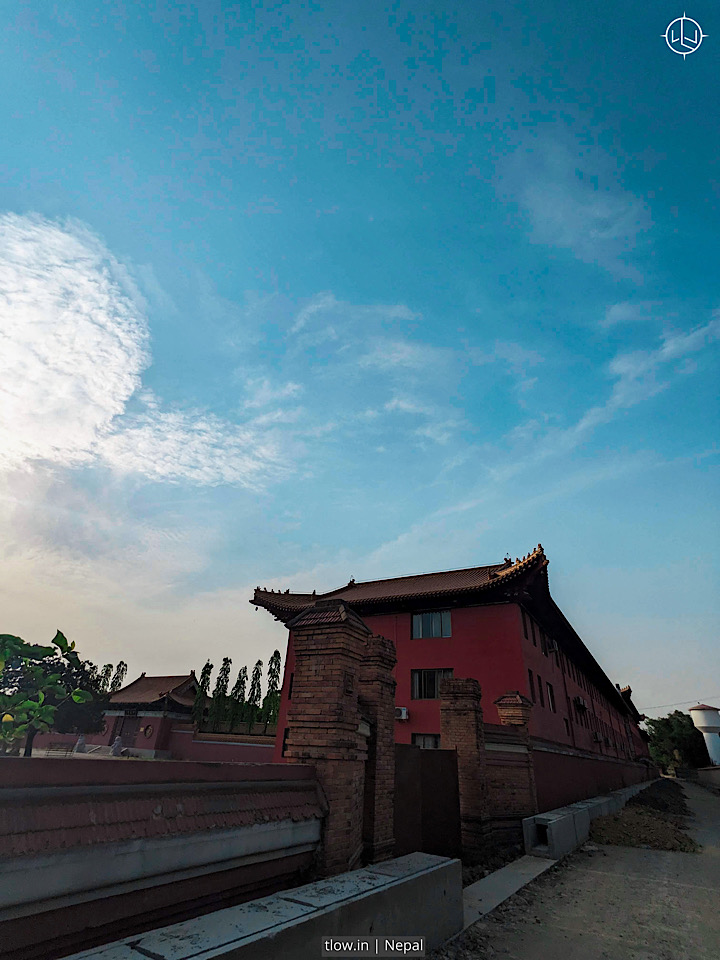
Teachings of Lord Buddha
1. The Four Noble Truths:
– Life involves suffering.
– The cause of suffering is attachment and desire.
– Suffering can be overcome.
– The Eightfold Path leads to the cessation of suffering.
2. The Eightfold Path:
– Right View
– Right Intention
– Right Speech
– Right Action
– Right Livelihood
– Right Effort
– Right Mindfulness
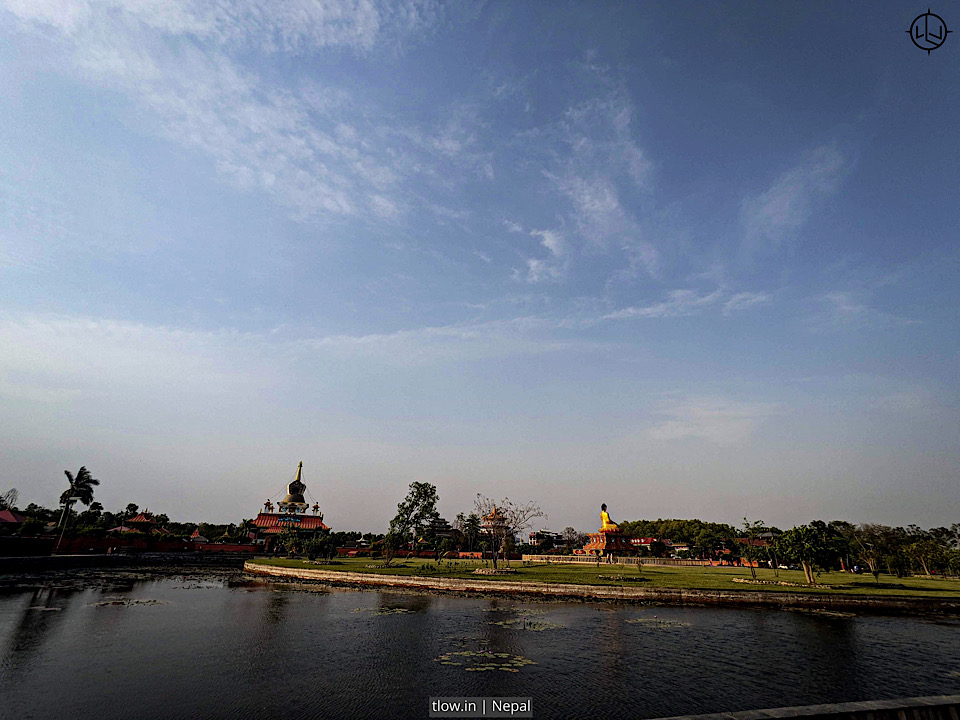
3. Impermanence (Anicca): Everything in life is constantly changing; attachment to the impermanent leads to suffering.
4. No-Self (Anatta): There is nothing permanent, unchanging self; the concept of self is an illusion.
5. Compassion (Metta): Cultivate loving-kindness and compassion towards all beings.
6. Karma: Actions have consequences, and one’s present and future experiences are shaped by their past actions.
7. Mindfulness (Sati): Be fully present in the moment, aware of thoughts, feelings, and sensations.
8. Non-Violence (Ahimsa): Avoid causing harm to any living being.
9. Generosity (Dana): Practice generosity and selflessness in giving.
10. Detachment: Release attachment to material possessions and desires, finding inner peace in letting go.



